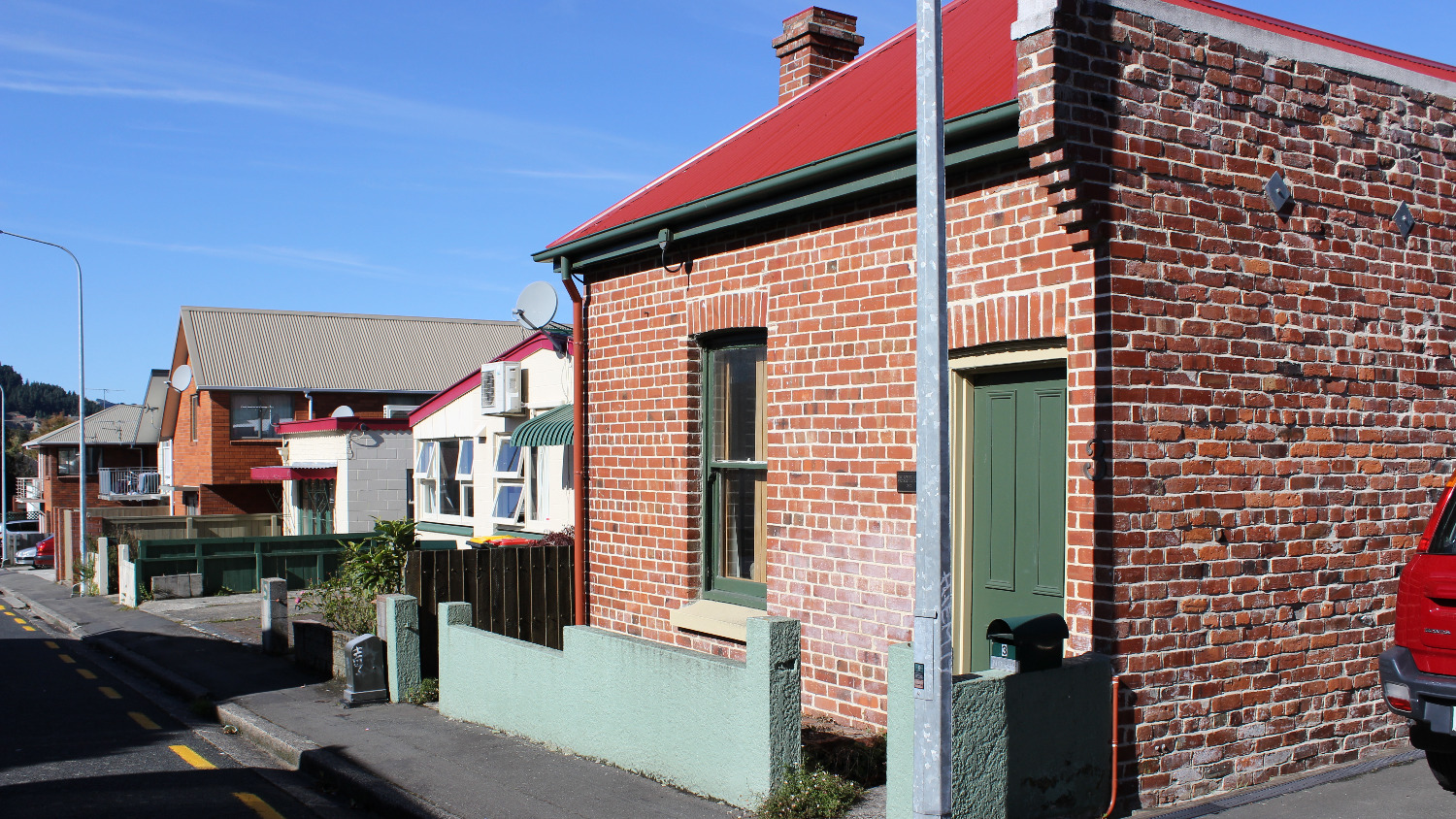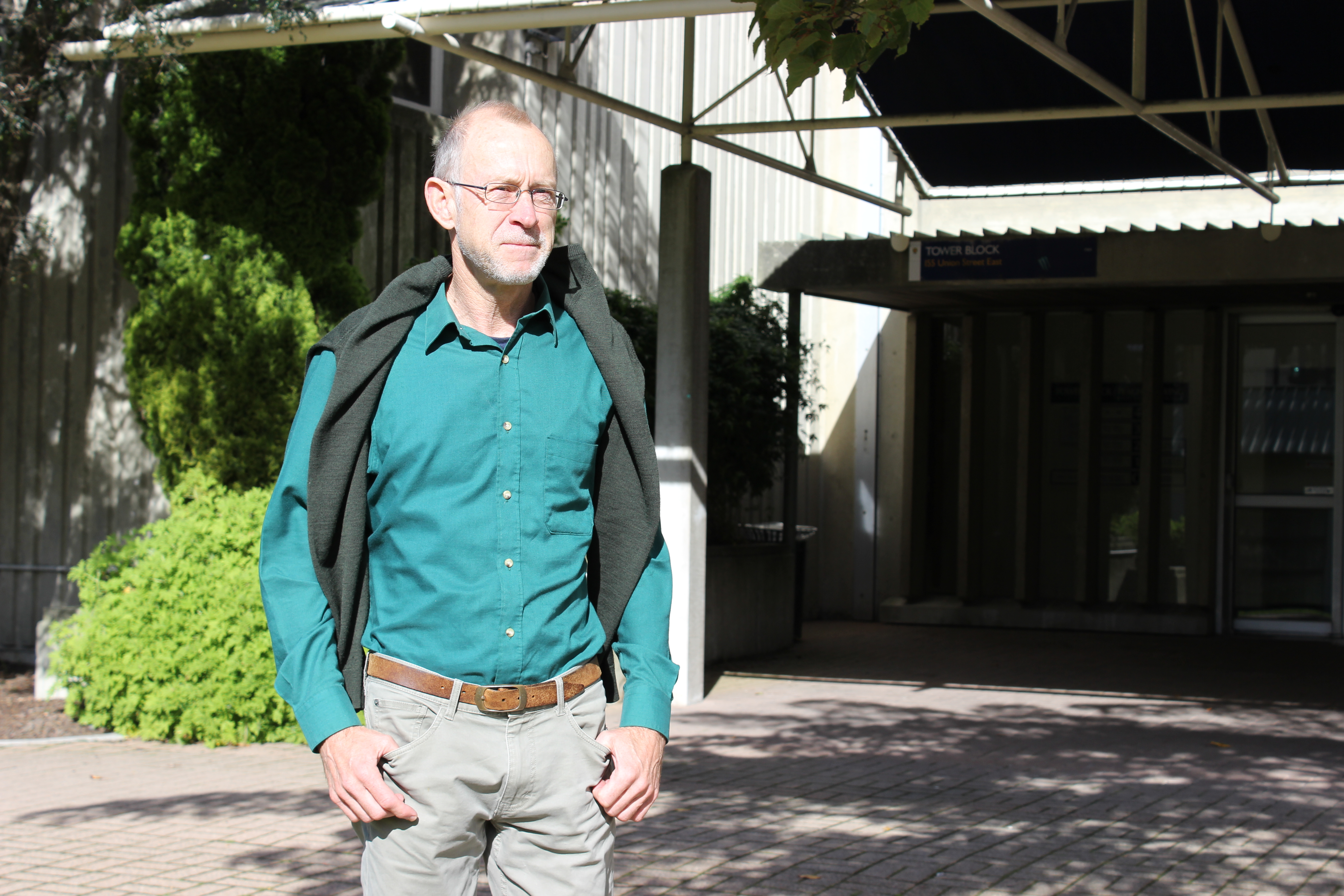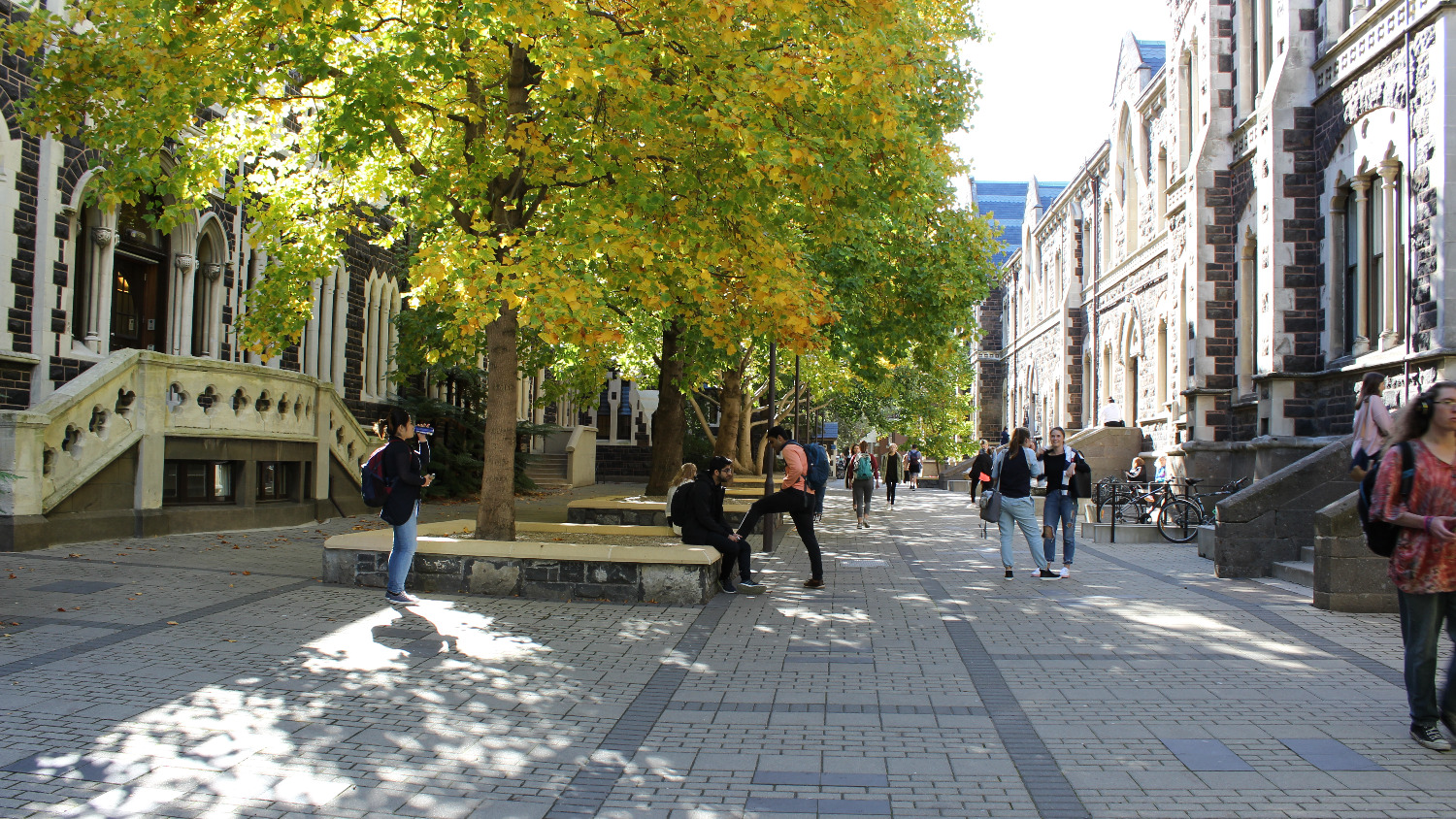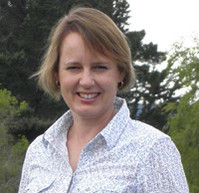It’s the writing fellowship with the really long name – the University of Otago College of Education Creative New Zealand Children’s Writer in Residence. But more importantly, it’s the only children’s fellowship in the country and applications for 2019 close on Friday, 1 June.

Ruth Corrin was the first fellow in 1992 when it was run by the Dunedin College of Education and since then the list reads like a who’s who of the NZ literary landscape.
At $28,000 for the six months it is, financially, the poor cousin to the Robert Burns Fellowship at Otago (for writers of adult literature), which offers the minimum salary of a full-time university lecturer. However, there is the advantage that it comes with a free place to live, which the Burns does not.
Although staying in the hundred-year-old Robert Lord Cottage (provided by the Robert Lord Trust) on Titan Street off George Street is not to be taken lightly. Long gone are the days of the infamous coal stove (once the only way to cook and heat the house) but it is tiny, narrow and two living in it can be a crowd. Two and several kids in tow probably impossible, but it has been done in the past. Cosy, is the best way to describe it, and also true. It’s completely double glazed, with a ducted heat pump. You won’t be cold.
But you are right in the centre of the student area – all of your neighbours are students and, especially when they arrive mid-February, they love to party. Couch-burning though seems to have gone out of fashion. Although this year it was very hot in February. Maybe that’s the reason.
Couch-burning though seems to have gone out of fashion. Although this year it was very hot in February. Maybe that’s the reason.
It’s a ten-minute walk to your own office (with a view) in the Tower Block at the Teachers College which comes complete with a computer, access to a printer and photocopier and you become a member of staff with all the privileges that entitles you to (library access). Car parking at both places can be difficult but who needs a car in Dunedin? Unless you want to visit the amazing Peninsula beaches, see the albatrosses flying overhead and eat orchard-fresh apricots in Central Otago (the first roadside stall is less than two hours’ drive away).
Applications are made online – you have to set up an account and password and then it takes minutes to fill in the boxes and attach a CV. Also required is a 500-word proposal “detailing an outline of work contemplated” and you can add references and part of the intended work, say the first chapter.
There are a few questions about diversity and your academic qualifications but college senior lecturer Trish Brooking said the online application is the university’s generic recruitment form and covers a range of positions.
‘An academic qualification is not needed for the residency application. We want to encourage as wide and diverse a range of applicants as we can. The appointment is for six months, usually from February until August, but we can accommodate slight variations on that timeframe.’
‘They’re looking for someone who demonstrates imagination and flair in their writing. Also this residency is for a writer or artist with a proven reputation so we’re looking at awards short-listings.’
‘They’re looking for someone who demonstrates imagination and flair in their writing…’
But significantly, the proposed writing project must have appeal for the intended audience, have relevance, and add to the already impressive children’s literature output in this country.’
And if someone doesn’t get it first time she said they should try again next year – there was no limit to the number of times someone could apply.
Current fellow Raymond Huber, of Dunedin, applied so many times it became, he said, a habit.

But he persisted and is now enjoying the fellowship so much he doesn’t want it to end.
‘This is the first time I’ve worked in an office that I can dedicate to my writing. My home office involves following the sun from room to room – it’s a Dunedin thing.
‘And it has meant I haven’t had to job hunt for six months – I’ve happily said no to some proof-reading jobs. It’s the first time I’ve been able to devote such a sustained, uninterrupted period to create a book.’
For Barbara Else, 2016 fellow, it changed her life. ‘Accepting it meant the upheaval of having to leave Wellington, a city I love to bits, but it was to be for only six months. As it turned out, I fell in love with Dunedin too and I’ve stayed here.
‘I had begun a new novel for children with a different approach to any I’d used before. It was going to need plenty of research into child psychology and I thought the college environment would be perfect.
‘At times, writing this particular novel has been an almost impossible challenge. Being given the fellowship meant I felt I couldn’t give up. It’s forced me to go deeper and darker than ever before. That has been enlightening – I can do that and still keep in the writing the sense of hope that I think necessary in junior and intermediate fiction.’

2013 fellow Leonie Agnew had to quit her teaching job in Auckland and leave her husband (then boyfriend) to head south.
‘For me, it was mostly about the opportunity to write full time. That means everything. Without time, there’s no writing – it’s the first ingredient for all my stories.
‘But of course the residency means a lot to writers because it’s a form of recognition – someone saying, hey your work interests us, please write more. We love that!’
All I can add to that for writers is: apply. Do it today or tomorrow but do it. Apply. Before June 1. And for readers – have a look at your favourite NZ book, and check the acknowledgement section. You’ll be surprised just how many of them were written while on this Residency.

Ella West
Ella West is a multi-award winning YA novelist who lives in Dunedin. Her last book Night Vision, won the LIANZA Young Adult Fiction Award in 2015, and was shortlisted for the New Zealand Book Award for Children and Young Adults. Her most recent book Rain Fall is a murder mystery set on the West Coast, and was released in January 2018.



